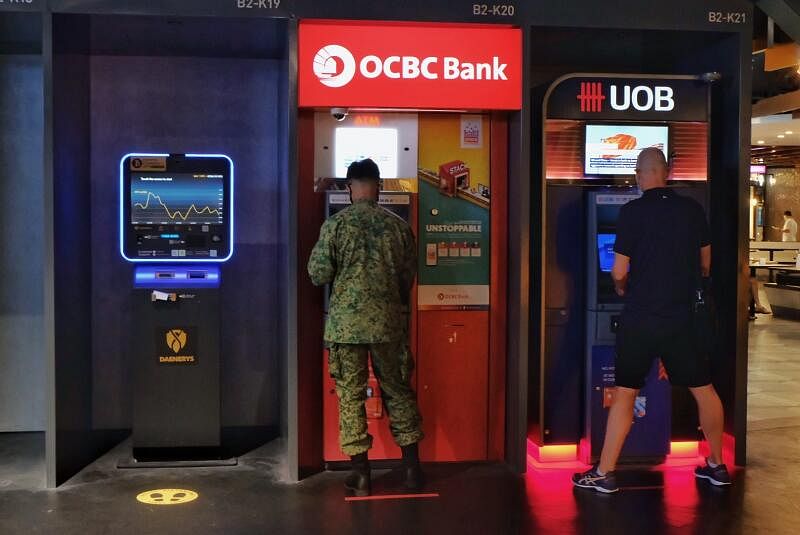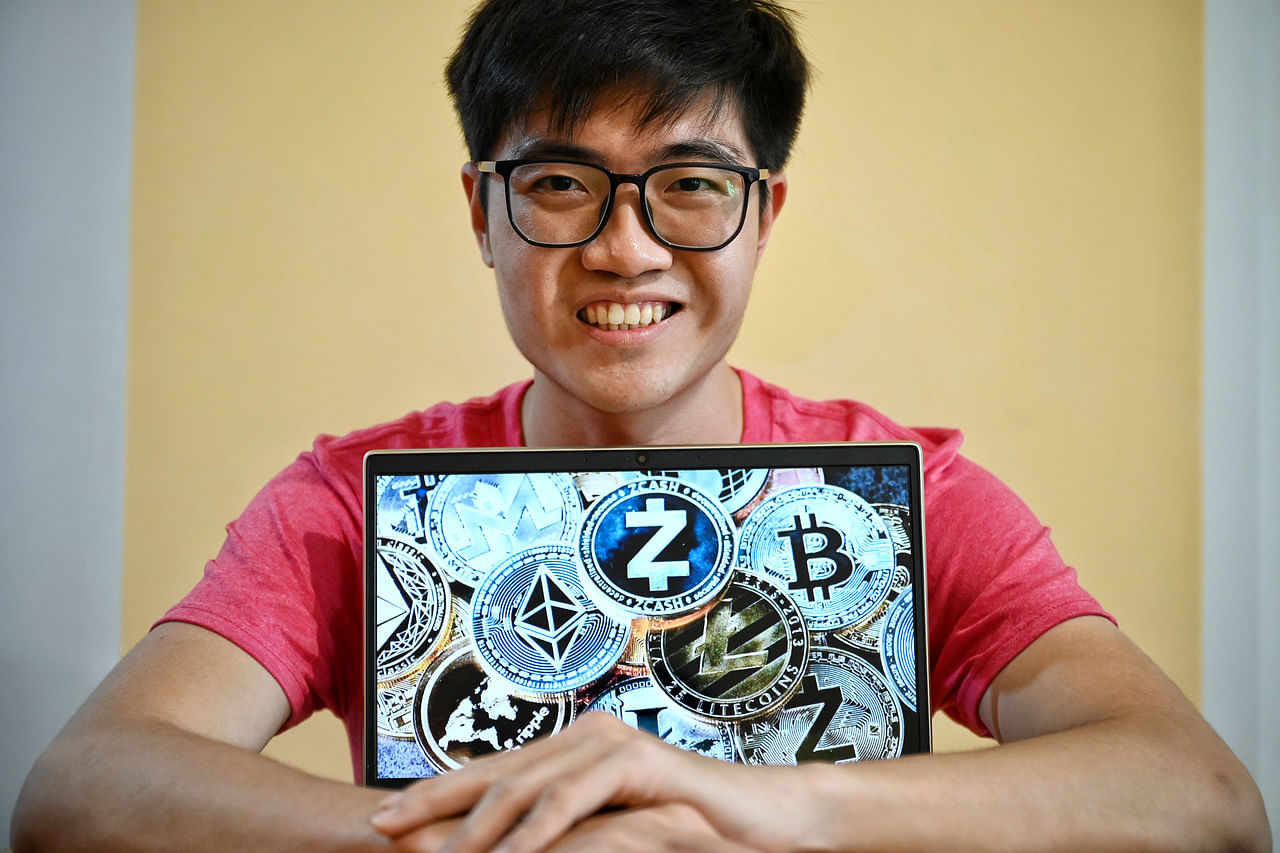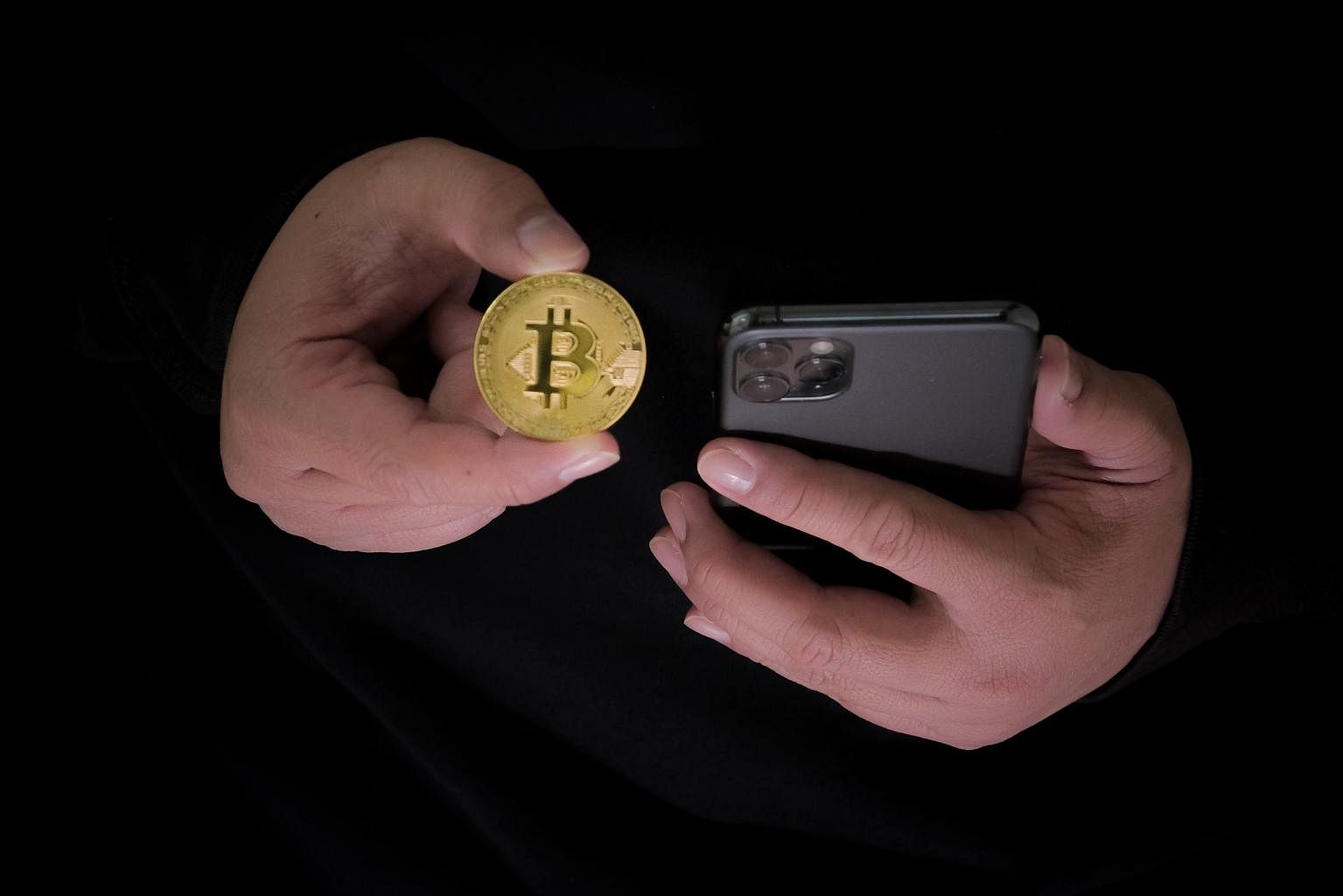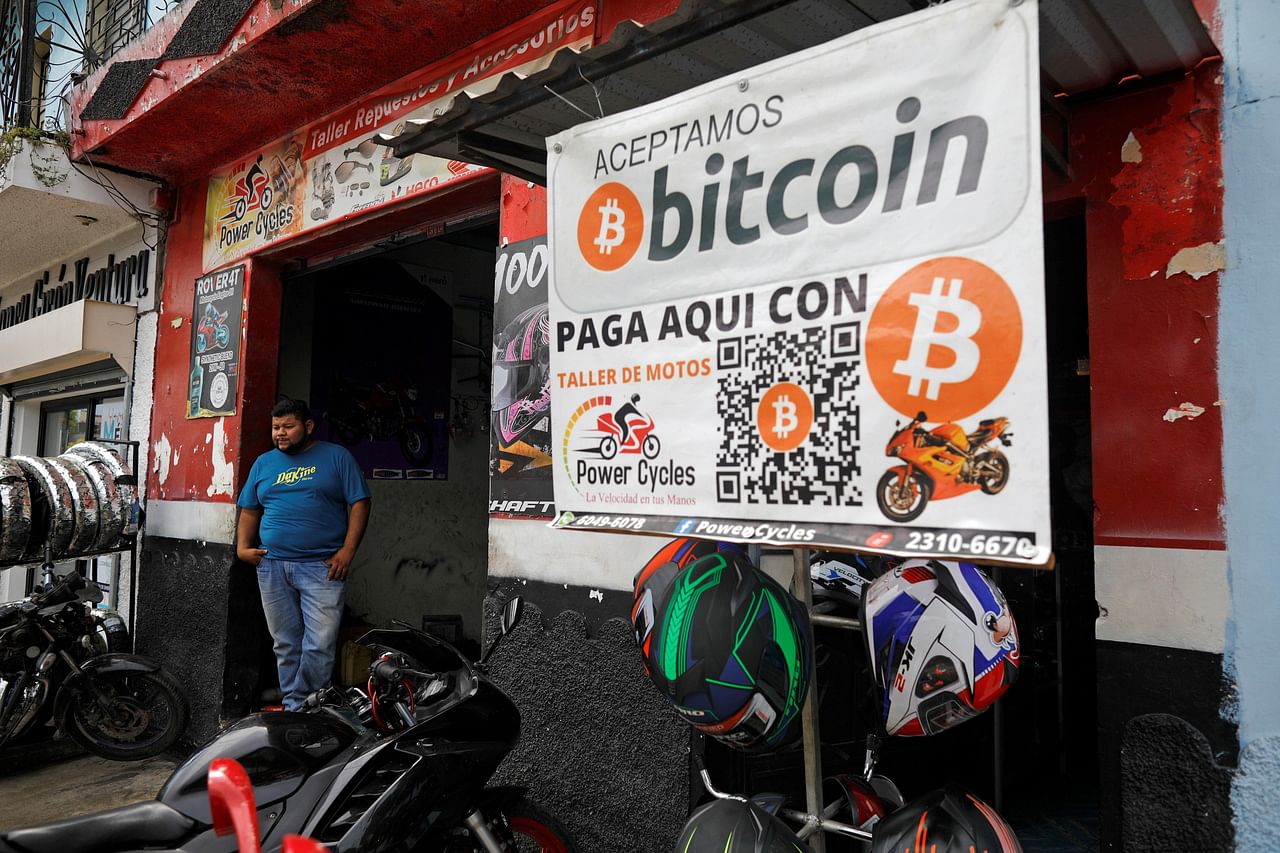Crypto at the crossroads as S’pore okays firms offering digital payment token services
The cryptocurrency revolution has been gathering pace of late and looks set to shift into a new gear in Singapore after three firms were given the green light to provide digital payment token services.
Jargon aside, it means it will soon be clearer to investors how they can trade in cryptocurrencies such as Bitcoin and Ether within regulatory guidelines and even pay for goods and services with such coins.
The Monetary Authority of Singapore (MAS) has issued digital payment token service licences to three entities – Singapore-based fintech firm Fomo Pay, Australian cryptocurrency exchange Independent Reserve and local bank DBS’ brokerage arm DBS Vickers.
Banks in S’pore taking a prudent but positive approach towards cryptocurrency

Institutional demand for investments in digital assets continues to rise, and most banks here are taking a sure and steady approach towards cryptocurrency.
Caution seems the obvious option, given the ground-breaking new technology involved, not to mention the regulatory minefield and massive upheaval that could hit the financial service industry.
Ms Tan Siew Lee, OCBC Bank’s head of wealth management Singapore, said: “We have been monitoring developments in the cryptocurrency space closely as it continues to evolve rapidly.”
Investor tales: Stuck at home and jobless, 26-year-old found passive income in crypto

When the pandemic hit last year and left Mr Ng Yu Jie stuck at home without a job, a seemingly improbable solution popped into his head – dabble in cryptocurrency to generate some income.
Mr Ng’s first step was to invest $350 in Ripple (XRP) on trading platform Torque when each unit cost about 20 US cents or 27 Singapore cents.
The price rose steadily to 60 US cents: “My $350 became $1,000 so I cashed out,” recalled 26-year-old Mr Ng, who has a diploma in mechanical engineering and used to work as a guide for pub crawlers.
Investor tales: Man’s digital wallet wiped out after he left crypto trading to robot

“Buy low, sell high” was a strategy that worked a treat for Derrick when he started trading in cryptocurrency two years ago, so he saw no reason to fix what was not broken.
It was so straightforward, in fact, that Derrick, as he wants to be known, left the trading to be carried out by a trading robot – a software that automates the cryptocurrency trading process.
The robot, which was able to access his digital wallet, traded round the clock and recorded hundreds of transactions a day.
askST: How to trade in digital currencies and what are the risks

What are the differences between digital assets and cryptocurrencies? How do I go about buying cryptocurrency?
Here’s what you should know before you start trading.
Cryptocurrencies: Governments still divided on regulating digital tokens

It seems like cryptocurrencies have arrived at the fork on the road.
A small but growing number of countries and companies are testing to see if they can be safely accepted by retailers but security risks, a lack of consumer protection and worries about financial crime continue to bedevil their usage.
Cryptocurrencies are digital tokens which are not issued by governments or backed by commodities. They are typically issued by companies or can be mined – like Bitcoin – through cryptography. Their value is determined by supply and demand through exchanges.
